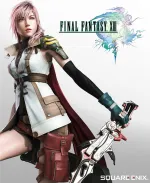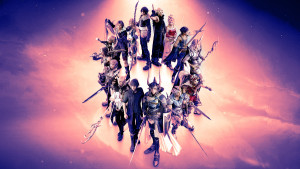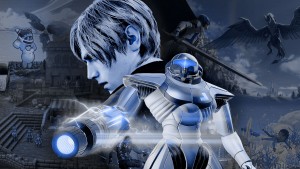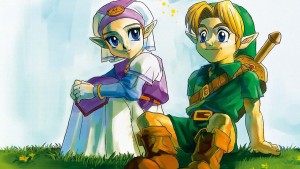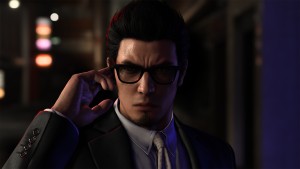Final Fantasy XIII Review

Final Fantasy XIII has ascended to a nearly religious significance in the eyes of many gamers. A piece of heavy artillery in the constant console war, it was initially cited by many as the game to single-handedly justify a PS3 purchase. When it went multiplatform at E3 2008, the announcement was considered the biggest coup of the show, literally bringing some ardent fans to tears. With all of the emotions and expectations it carried before it was even a playable game, Final Fantasy XIII became more than just the next entry in this storied franchise. It became a symbol – a promise for the future of gaming.
Once you begin playing, the fog of mythology surrounding the title quickly lifts, and you realize that Final Fantasy XIII is just a role-playing game. It doesn’t have any mystical powers or curative properties. It has systems, just like any mortal RPG – battle systems, leveling systems, and upgrade systems are all here, and they are exceptional. FF XIII is not the Game Whose Coming Was Foretold, but every aspect of the gameplay is precision-tuned to deliver the most technically impressive title in Final Fantasy history.
Since this series has long relied on a series of simple commands – like attack, magic, and item – to govern enemy encounters, I am surprised to report that combat is the greatest triumph of FF XIII. Square Enix has overhauled the concept of battle, focusing more on guiding the tactical flow of the fight rather than each character’s specific actions on a turn-by-turn basis. The result is a kinetic, fast-paced system that stands out as my favorite in the series.
The mechanic revolves around the concept of paradigms, which are arrangements of characters with specific jobs and abilities. You will only have direct control over the party leader, while the other two members behave according to their assigned roles. A character in the sentinel role will soak up damage and attract enemy attention, allowing the other two to perform duties like debuffing or casting offensive spells. However, the tides turn often, and you’ll need to switch your paradigms mid-battle to adapt. You may have to bombard a well-armored robotic juggernaut with electrical spells until its defenses are down, and then quickly swap to a paradigm focused on physical attacks to do some real damage. After you get burned by the same robot’s super-attack, you may want to spend a few seconds in an all-medic paradigm to recover your HP before going back on the offensive.
The idea seems simple at first, but the game gradually builds the complexity until you feel like a strategic powerhouse, creating and exploiting weaknesses by switching your paradigms every few seconds. It’s fun, easy to use, and a refreshing departure from the RPG norm. After just a couple hours, I abandoned my stubborn tendency to manually enter commands for my party leader; it slows down the frenetic pace, and the auto-battle command is more than adequate. Plus, it frees your attention to marvel at the breathtaking graphics and visual effects.
The “Other” Perspective
The battles aren’t the only reason you should play FF XIII. The process of leveling up your characters, called the Crystarium, is a great hybrid of the sphere grid from Final Fantasy X and the job system from Final Fantasy V. You choose how each character progresses in his or her available roles, though the full Crystarium doesn’t really open up until relatively late – mainly because the plot dictates your party composition for the majority of the game. The ability to tweak and customize your party doesn’t really become possible until chapter 11 (of 13), which is also the only section of the game where I found a few hours of grinding necessary to progress.
The only key area where FF XIII betrays fans – and this is heartbreaking for me to admit – is the story. The narrative makes a number of small missteps, but they all tie back to one larger issue: the characters. The game is largely driven by the personalities of the six main party members – their goals, mindsets, and personal revelations. Unfortunately, these revelations feel extremely rushed and artificial, forced by the necessity of moving the plot forward. These moments range from insipid to obvious, like “I was fighting because I was too scared to face my fate,” or “I didn’t tell anyone this piece of critical information because I thought they wouldn’t like me.” Periodic updates on the characters’ vacillating attitudes are poor substitutes for a clear long-term goal and a compelling antagonist. Even the Final Fantasy series’ B-squad bosses, like Zeromus and Necron, make more sense than your ultimate adversary in FF XIII.
A good story is of paramount importance in a role-playing game, but the fact that FF XIII’s other elements compensate for its disappointing narrative is a testament to the overall quality of the experience. For years, gamers have had visions of this title as an industry-transforming epiphany, but no game could possibly live up to such astronomical expectations. That’s no reason to lose faith; though reality doesn’t match the myth, Final Fantasy XIII is a phenomenal RPG destined to be remembered as a technical milestone for the series.
